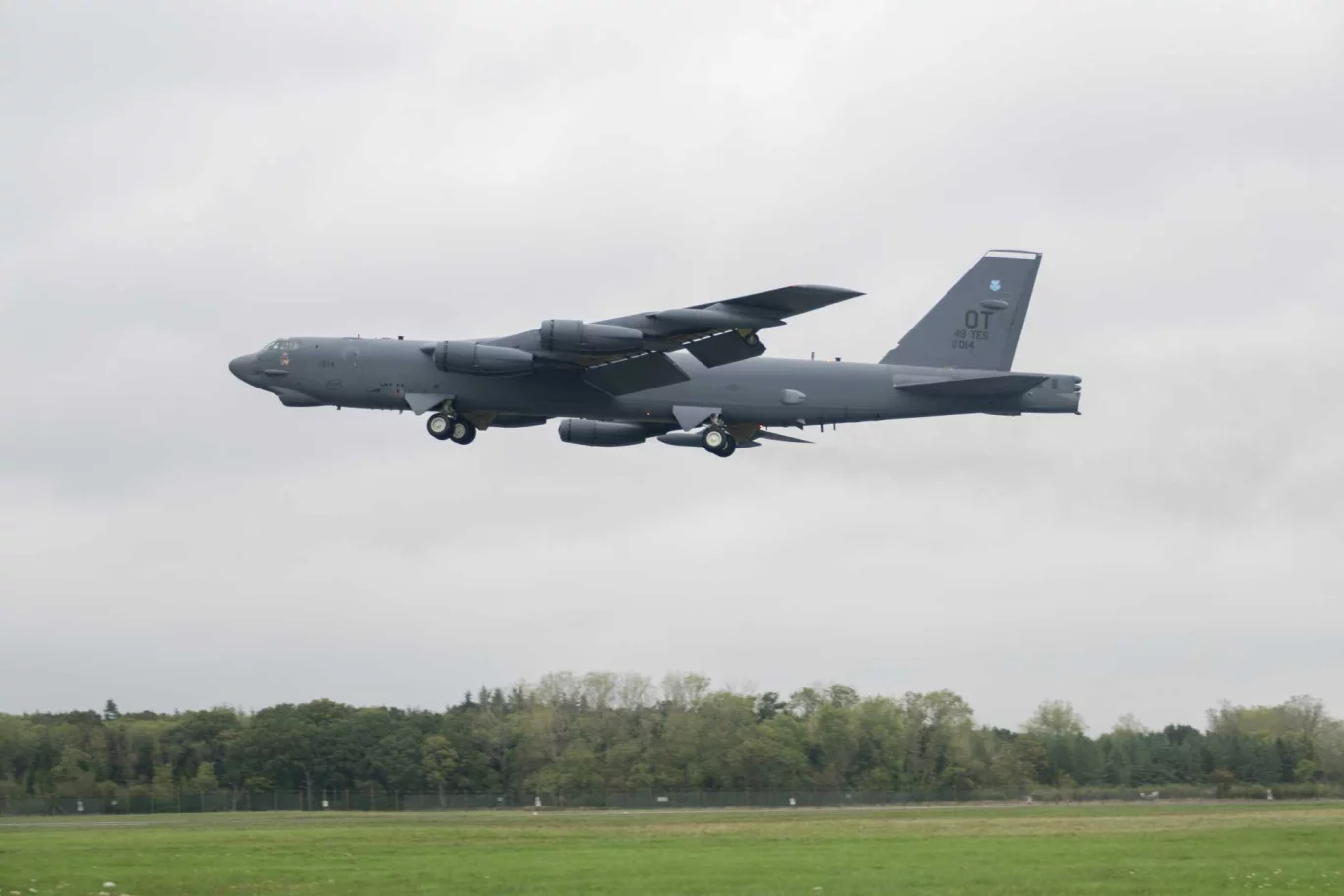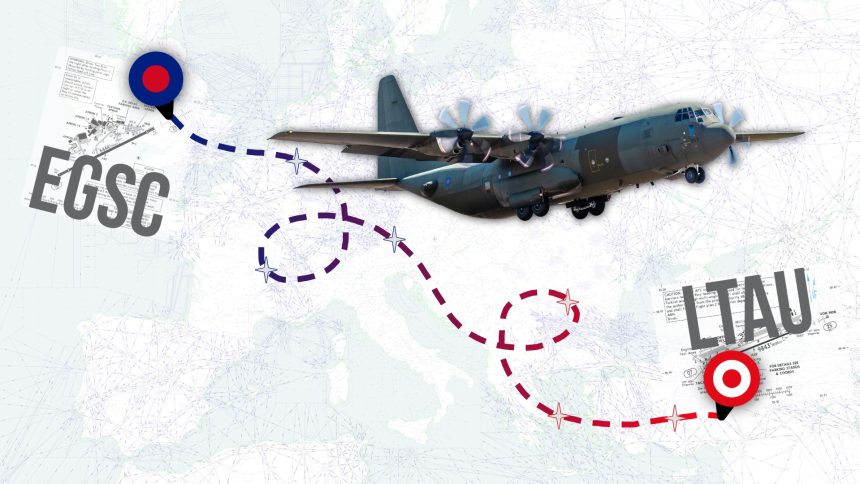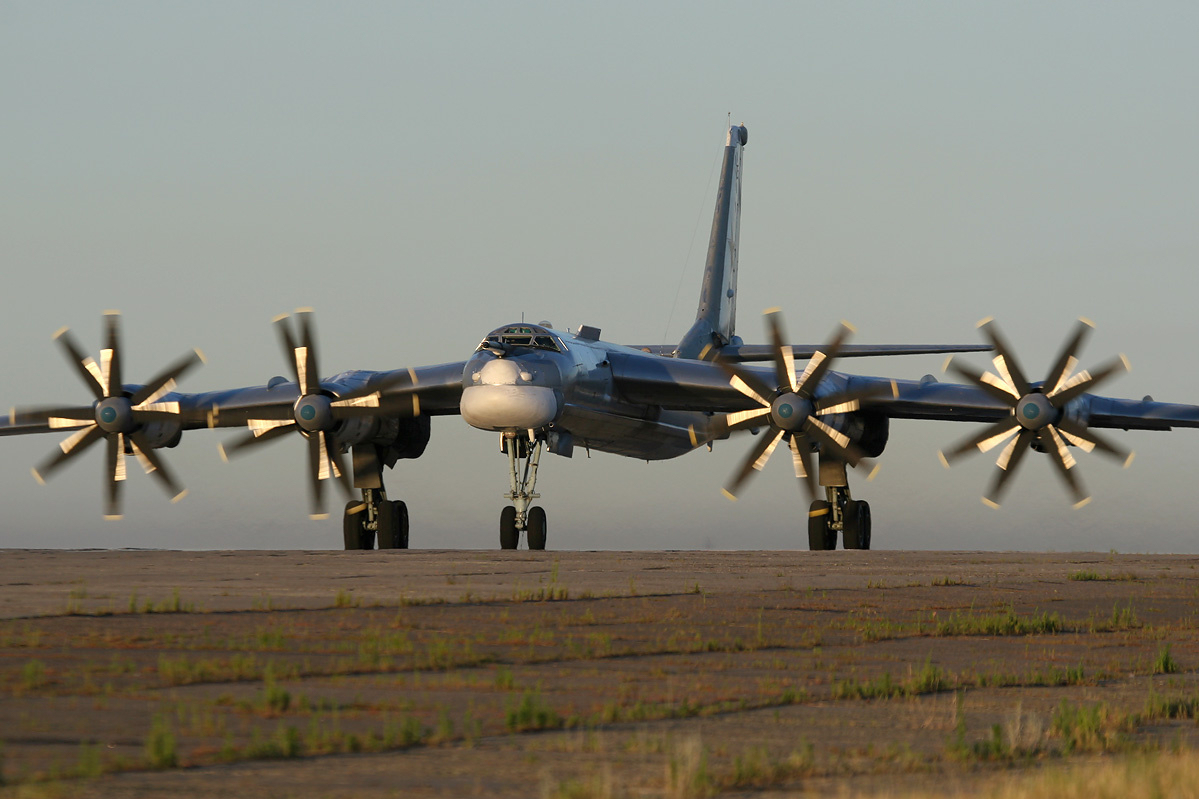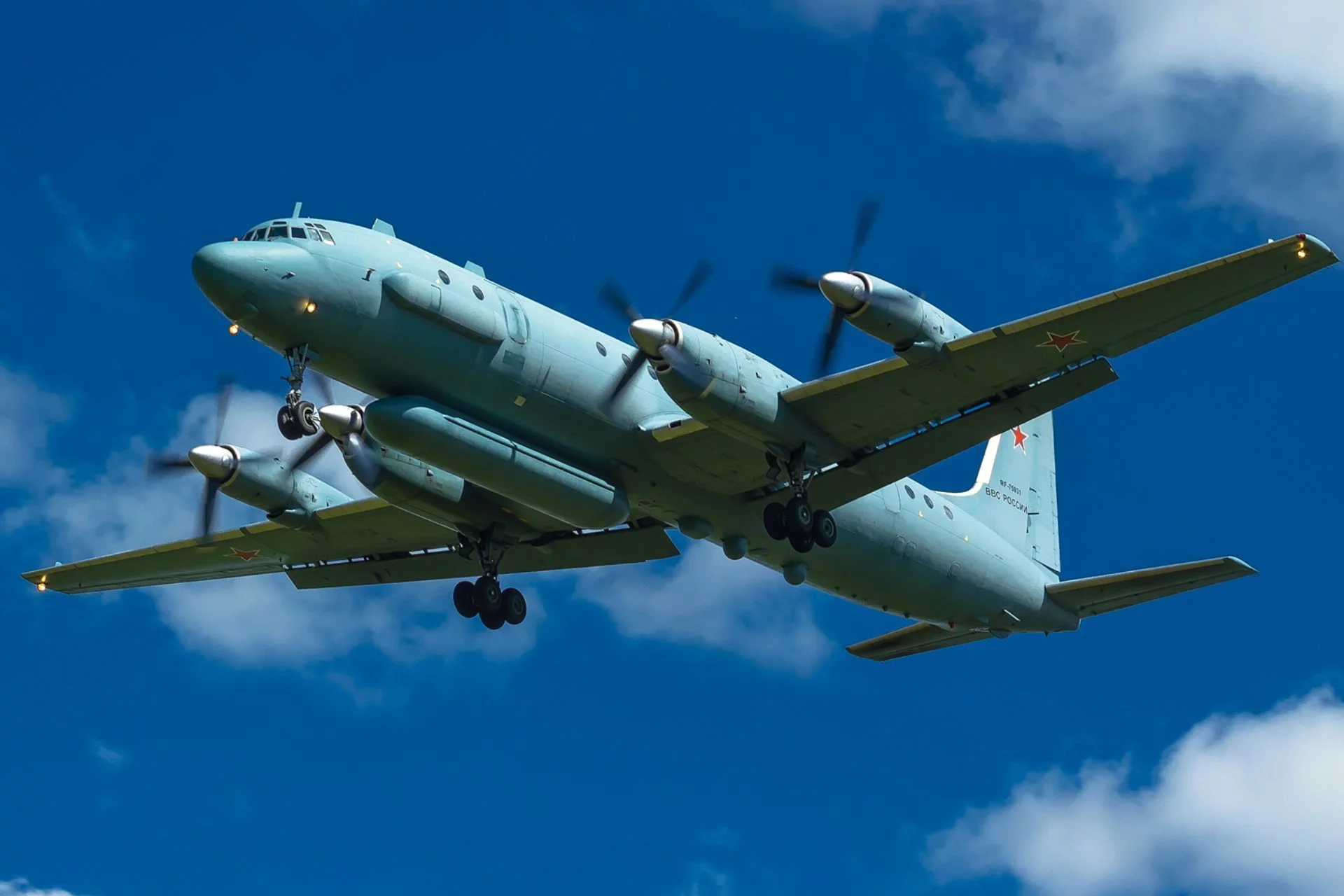The fight against global drug trafficking has taken a significant turn, with the United States recently pinpointing Venezuelan military installations suspected of being deeply entwined with illicit drug operations. This revelation, first reported by Army Recognition, casts a long shadow over an already complex geopolitical landscape and suggests a potential escalation in efforts to dismantle these networks.
For years, the porous borders and often turbulent political climate of Venezuela have made it a critical transit point for narcotics moving from South America to international markets. Cartels and criminal organizations have exploited these vulnerabilities, establishing intricate routes and partnerships that fuel a multi-billion dollar illicit trade. However, the direct involvement of military sites, as alleged by US intelligence, marks a concerning shift, indicating a possible state-sponsored or state-sanctioned role in these nefarious activities.
The implications of these findings are far-reaching. Firstly, they undermine any claims of governmental efforts to combat drug trafficking within Venezuela. If military installations, ostensibly designed to protect national interests, are instead facilitating criminal enterprises, it paints a grim picture of corruption and institutional decay. This erodes trust and makes international cooperation on drug interdiction significantly more challenging.
Secondly, the identification of these sites by the US could signal a more aggressive approach to counter-narcotics operations. While the article from Army Recognition uses the term “potential strike,” it’s crucial to understand the multifaceted nature of such an assertion. A “strike” could encompass a range of actions, from targeted sanctions against individuals and entities associated with these sites to more overt interdiction efforts in international waters or airspace. It could also involve heightened intelligence gathering and diplomatic pressure to expose and dismantle these networks. The US has a long history of employing various tactics to combat drug trafficking, and the specificity of identifying military sites suggests a clear understanding of the operational hubs.
The economic motivations behind such involvement are also a key factor. In a nation facing severe economic hardship and international sanctions, the allure of profits from drug trafficking can be immense. For corrupt elements within the military, this could provide a lucrative alternative revenue stream, further entrenching their involvement in criminal activities. This creates a vicious cycle where economic desperation fuels corruption, which in turn facilitates more criminal activity.
Furthermore, this situation has significant humanitarian dimensions. The drug trade fuels violence, instability, and addiction, both within Venezuela and in the destination countries. When state actors are complicit, it exacerbates these problems, making it harder for civil society and international organizations to provide aid and support to affected communities. The human cost of this illicit trade is immeasurable, and the alleged involvement of military sites only deepens the tragedy.
The international community will undoubtedly be watching closely. The US’s decision to publicly identify these sites suggests a deliberate strategy to put pressure on the Venezuelan government and its military. It may also be a precursor to increased international collaboration with allies who share concerns about regional stability and the flow of illegal narcotics. The coming months could see a flurry of diplomatic activity, intelligence sharing, and potentially, more assertive actions aimed at disrupting these networks.
In conclusion, the US identification of Venezuelan military sites linked to drug trafficking represents a critical development in the ongoing battle against organized crime. It highlights the complex interplay of geopolitics, corruption, and economic desperation that fuels the global drug trade. The world now waits to see what actions will follow this significant revelation and how it will impact the already fragile situation in Venezuela and the broader fight against illicit narcotics.




